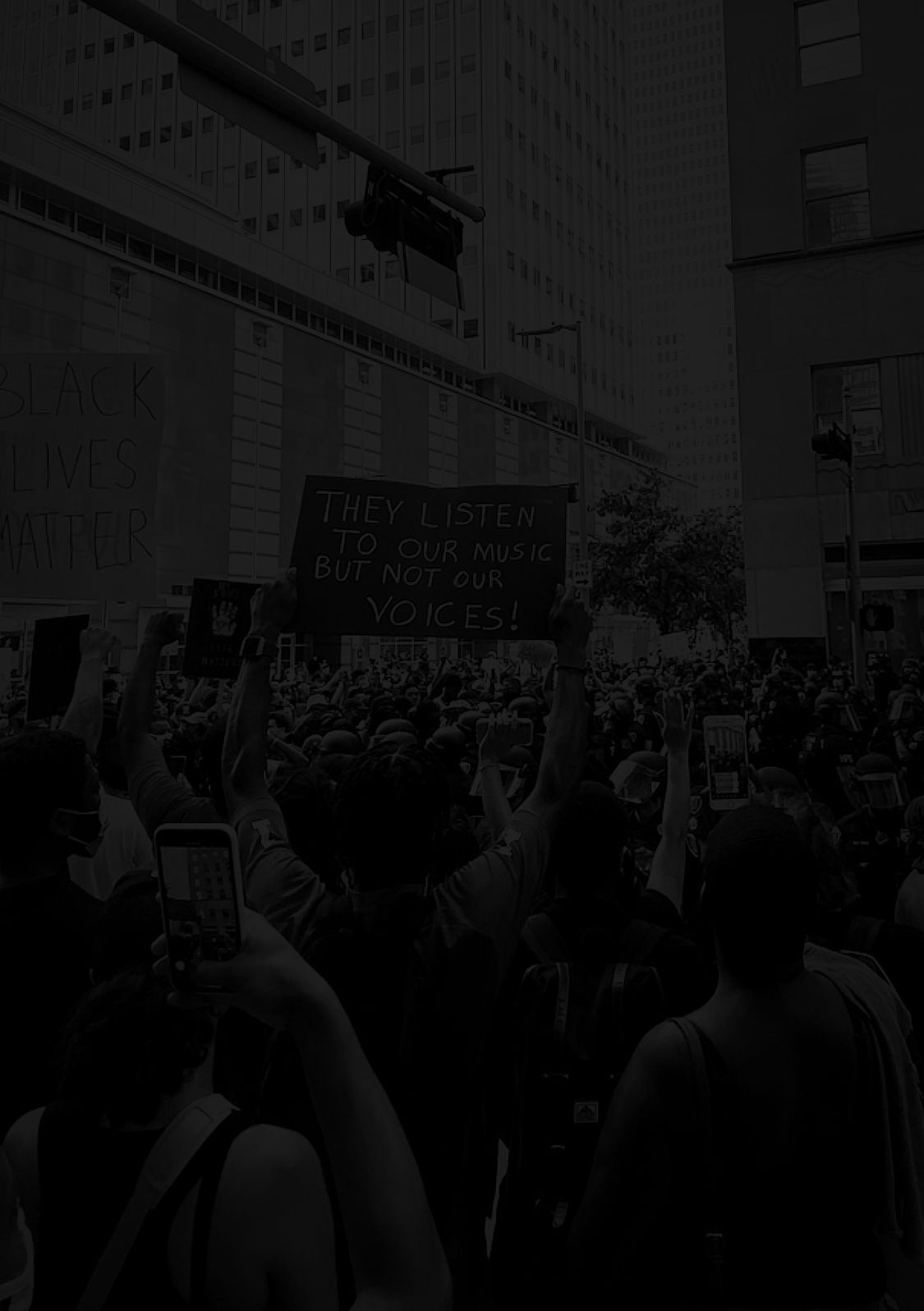July is Disability Pride Month! With that, we wanted to highlight some wheelchair etiquette tips provided by writer Charlie Knight.
- Outside of emergencies, there is no reason for you to touch someone’s wheelchair unless asked. If we’re in the way, treat us like you would anyone else and say “excuse me.” If it looks like we’re stuck, treat us like you would anyone else and ask if we need help. Don’t touch. I can’t emphasize how important this is. A wheelchair is an extension of our bodies. If you wouldn’t lift and move an abled person without asking, don’t push a wheelchair. Grabbing my chair = grabbing me. It’s assault.
- Unless you would otherwise be screaming to be heard, there is no reason to bend down or kneel to speak to someone in a wheelchair. Think about it. You don’t bend to be eye level with abled adults. You do bend down to speak to children, though. Don’t infantalize us.
- Don’t speak over or about us. Meaning, don’t look at my husband and ask “do they need help getting in?” when I’m right there. This is another infantilizing move and it’s horribly disrespectful.
- Do not assume that someone in a wheelchair isn’t ambulatory (mobile). Sometimes, a person using a wheelchair can walk and will. This should not be a shock and is not an opportunity for questions about our disability.
- Unless we’re in a setting where it would be appropriate (you’re our doctor and we’re in the office/hospital, or you’re paying us at an event to speak about it) there is no opportunity for you to ask questions about our disability. That’s just rude.
- The above goes for your children, too. Disabled people are not a learning opportunity – do not turn us into one by telling kids that staring/pointing is bad but they can ask us questions. No, they can’t. It’s still rude, and it’s not our responsibility to educate your kids.
- Don’t move our wheelchairs after we’ve transferred out either, not until we say it’s okay and know where it’s going. If I transfer out of my chair at a restaurant and the waitstaff whisks my chair away, they’ve effectively taken my legs and hidden them. No, thank you.
- Don’t go out of your way to avoid saying things like “talk a walk.” We’re pretty likely to express things that way too, and “take a roll” as a cutesy alternative is not as funny as you think.
- Use the word “disabled.” It’s not a dirty word. Alternatives like “differently abled” are infantalizing and gross, and terms like “handicapped” and “crippled” are both outdated and (often) offensive. Disabled. Get comfy with it.
- Don’t say things like “wheelchair bound” or “confined to a wheelchair.” Mobility aids like wheelchairs give us our freedom; they’re a good thing, not a trap.
All of these are general rules of thumb, especially w/ strangers or people you don’t know well. You may know someone in a wheelchair who is fine answering a kid’s questions, you may hear a disabled person using “cripple” for themself. Obviously, that’s okay. This is a starting point.
The big takeaway from this should be to treat us like you would anyone else – not as broken, not as a freak show, not as a child. All it really takes is basic respect and acknowledging that we’re people too.
Thanks for trying to do better and Happy Disability Pride Month.
Source: twitter.com

